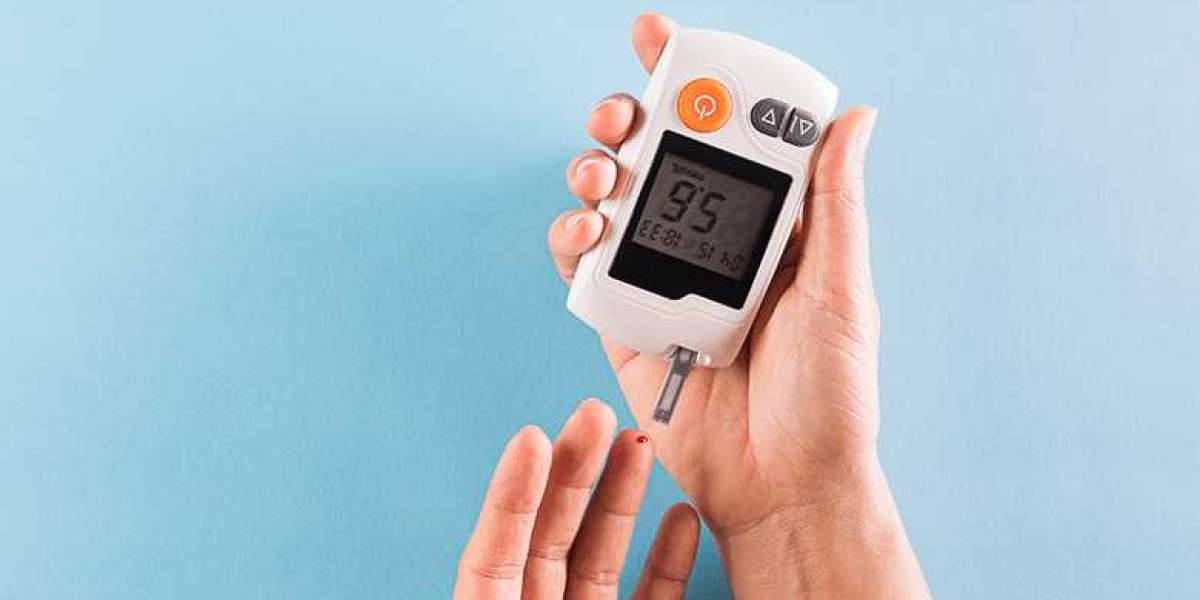The Pharmaceutical Quality Control Market is a critical component of the healthcare industry, facilitating the collection, management, and analysis of patient data for various purposes, including research, disease management, and quality improvement initiatives. Within this market, there is a growing emphasis on integrating quality control measures to ensure the accuracy, reliability, and integrity of data. Let's explore how Patient Registry Software intersects with drug quality control, pharmacy quality control, pharma quality control, and quality assurance pharmaceutical.
Pharmaceutical quality control serves as a valuable tool for pharmaceutical companies, healthcare providers, and regulatory agencies to track and monitor the safety, efficacy, and outcomes of medications and therapies. Incorporating quality control mechanisms into patient registry software is essential to uphold the integrity of data and ensure compliance with regulatory standards.
Drug quality control is a critical aspect of pharmaceutical manufacturing, encompassing processes to ensure that medications meet established standards for safety, efficacy, and quality. Patient registry software plays a role in drug quality control by providing a platform to monitor adverse drug reactions, medication errors, and other safety-related events reported by patients and healthcare providers. By integrating drug quality control measures into patient registry software, pharmaceutical companies can enhance pharmacovigilance efforts, identify potential safety concerns early, and improve overall medication quality.
Pharmacy quality control involves measures to ensure the accuracy, safety, and efficacy of medications dispensed to patients. Patient registry software can support pharmacy quality control initiatives by facilitating the tracking of medication dispensing patterns, medication adherence rates, and patient outcomes. By analyzing data collected through patient registry software, pharmacies can identify trends, detect potential medication errors, and implement corrective actions to enhance patient safety and satisfaction.
Pharma quality control encompasses a broad range of activities aimed at maintaining the quality and integrity of pharmaceutical products throughout the manufacturing process. Patient registry software can contribute to pharma quality control efforts by enabling the monitoring of patient-reported outcomes, treatment adherence, and adverse events associated with specific medications or therapies. By leveraging patient registry data, pharmaceutical companies can conduct post-market surveillance, identify quality issues, and take proactive measures to address them, thereby enhancing overall product quality and patient safety.
Quality assurance in pharmaceuticals involves the implementation of processes and systems to ensure that products meet established quality standards and regulatory requirements. Patient registry software serves as a valuable tool for quality assurance pharmaceutical by providing real-time access to patient data, clinical outcomes, and safety information. By incorporating quality assurance measures into patient registry software, pharmaceutical companies can streamline data collection, improve data accuracy and reliability, and demonstrate compliance with regulatory standards.
Related Reports
cardiac imaging software market
flow cytometer reagents market
For More Information Visit @ Market Research Future














